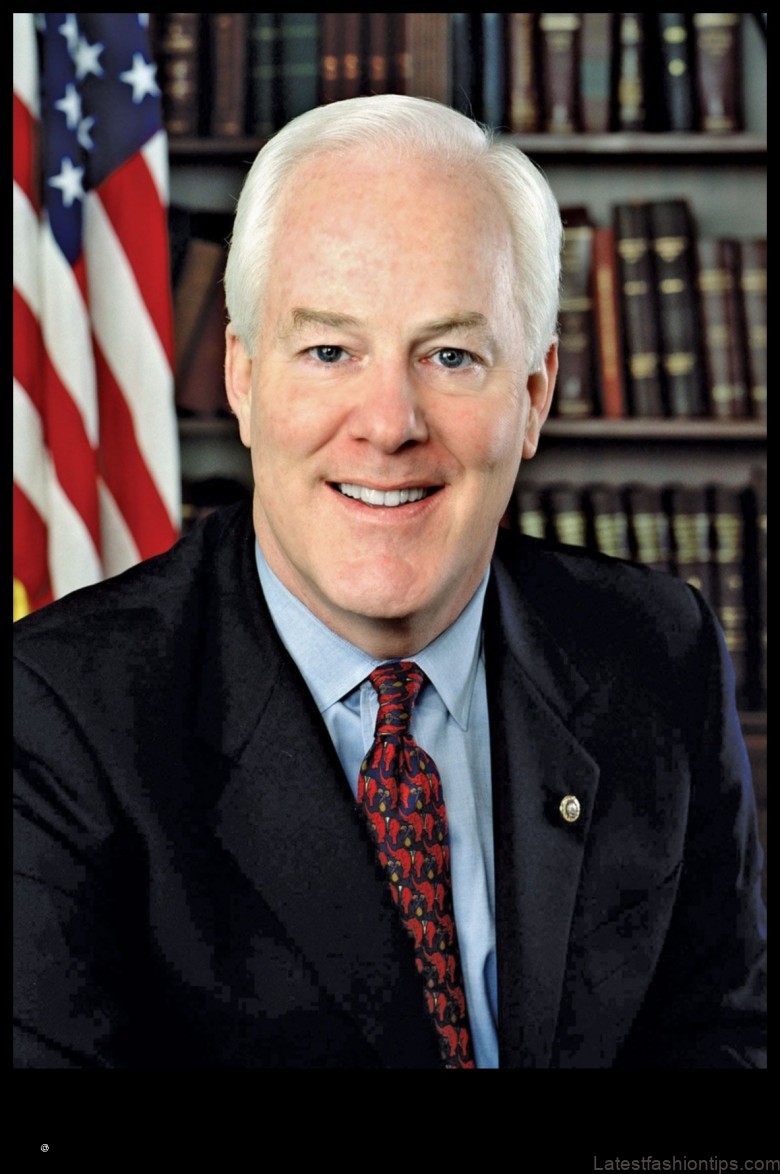BABY: THE BIRTH AND AFTERWARDS
Nothing can surpass the moment when your child gives the first lusty cry of life. Wet and warm, crumpled like a butterfly emerging from a cocoon, your baby unfolds into the earths atmosphere from an environment so nurturing a minute before, yet impossible to return to or survive in again. Perhaps birth resembles death in the passage from one dimension into another and just as the baby cannot foresee survival outside the darkness of amniotic fluid, so we too may pass into an environment in which we do not need oxygen and amino acids to live – but some other undreamt of synthesis to sustain our being.
Dr Frederick Leboyer, the French obstetrician and gynaecologist, has suggested that birth is a traumatic experience for the child, and that the infant should be introduced to the world with gentleness. His way of doing this includes soft music, semi-darkness and an immediate reimmersion in water – a kind of return to the amniotic fluid of the womb.
I applaud his sensitivity: our methods of delivery will probably seem barbaric in time to come. But our backwardness is understandable when you consider ihat medicine has only made childbirth relatively safe for mother and child in he last 30 years or so – a mere speck in our evolutionary history. Integrating the idvances of medical technology with our psychological and emotional needs ^ill surely be the challenge of the future.
Until recently infants were regarded as having little ability to perceive much y way of sight, sound, touch or emotion. We now know, however, that infants eprived of personalised care and touch, unlulled by the human voice, often fail o thrive, even if adequately fed, and may even waste away and die. We know too, that carefully nurtured, the human intellect can be stimulated to blossom and grow.
Although I do not believe that Dr Leboyers practice of immersing the baby in water straight after birth is necessary except perhaps to involve the father, or that piped music is important, and I would rather make sure any emergency was spotted immediately, not dimmed by a lack of light, I do think that those in attendance at the birth should go about the task gently and with great reverence for a new life.
The care of mother and child should never become a showpiece of mechanisation. So often the depersonalisation of the human being begins at birth, when instead we need to bring warmth, worth and empathy to our regard for the mother and child entity.
After the birth. Occasionally a baby will cry as soon as the head is delivered, but most lie quietly for up to half a minute before they shiver into life and utter their first sound. During this period the nurse will check that there is no obstruction in the nose or mouth. If there is any mucus she will suction it away gently so that breathing is not hindered. Once your baby is breathing, your doctor may place her on your abdomen while the cord is being clamped and cut, a procedure that is quite painless for both mother and child. It is important that the baby does not become chilled so she will be taken to a heated area in the room and dried, weighed and given an identification tag on her ankle or wrist. An injection of vitamin K to prevent bleeding is given to the baby and medication should be put in the eyes to prevent infection. She will also be quickly examined for any obvious abnormalities, and will be given a rating on the Apgar scale. This is done twice, one minute after birth and again five minutes later (41).
She should then be put in your arms for you and your husband to savour for as long as you wish. If you feel up to it, put your baby to the breast now as the sucking instinct is strongest right after birth. Simply put your baby near your breast, touch her lips with the nipple and she will automatically root towards it and latch on. The babys sucking at the breast causes the uterus to contract and if the placenta has not been expelled yet, it should come away easily. Separation of the placenta is not painful and is usually achieved spontaneously when the uterus contracts minutes after birth, even if you have not nursed the baby.
You may not feel like putting your baby to the breast straight away birth is such an enormous physical effort and so emotionally charged that you could be too confused, tired, angry or ecstatic to handle another big experience so soon. Do not worry there is nothing you should feel you have to do at this time. After the placenta has been expelled it will be examined, and if you have had an episiotomy (a small cut to help the baby through the perineum), you will be given a local anaesthetic and the cut or tear will be stitched.
You and your husband should then be given a cup of tea, before you are taken to your ward for a thorough wash to freshen up. Then it will be time to relax, reflect and adjust.
Some mothers instantly recognise their baby and say they feel immediate love; many feel nothing but exhaustion and a little startled by the stranger they have produced. Mother love is not instant, nor inevitable – and you will probably not feel very much of it straight after the birth. It grows and matures as you nurture your baby.
If the birth has been straightforward, your baby will be taken away to a nursery for observation for between three and six hours before she is brought to you if you are rooming in, or taken to the nursery if you are not having your baby with you.
Maybe You Like Them Too
- 50 Unique Travel Destinations You Must Visit Before You Die
- Tamar Braxton A Life in Music
- Sunny Hostin A Biography
- Steve Coogan A Life in Comedy
- Sterling K Brown A Biography



Ciara and Russell Wilson are proud parents to a baby GIRL! Welcome to the world… by…
The rise of nappy-free newborns – why some parents are potty training from birth pottytraining